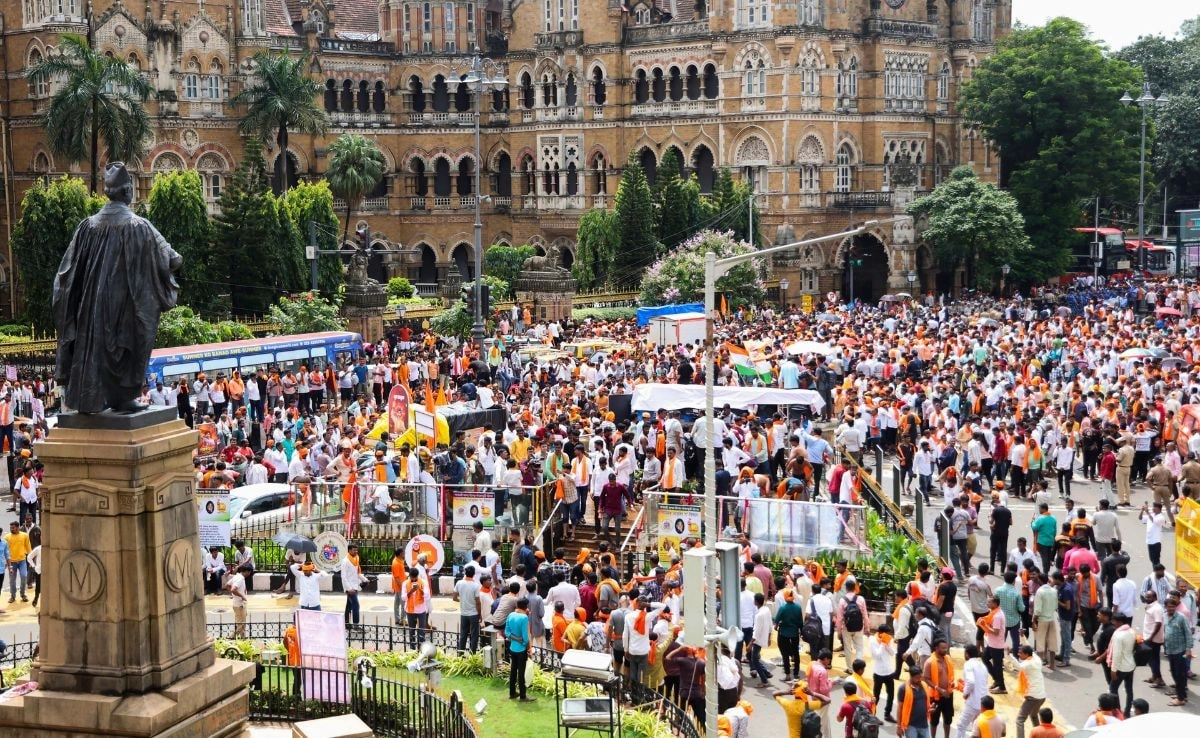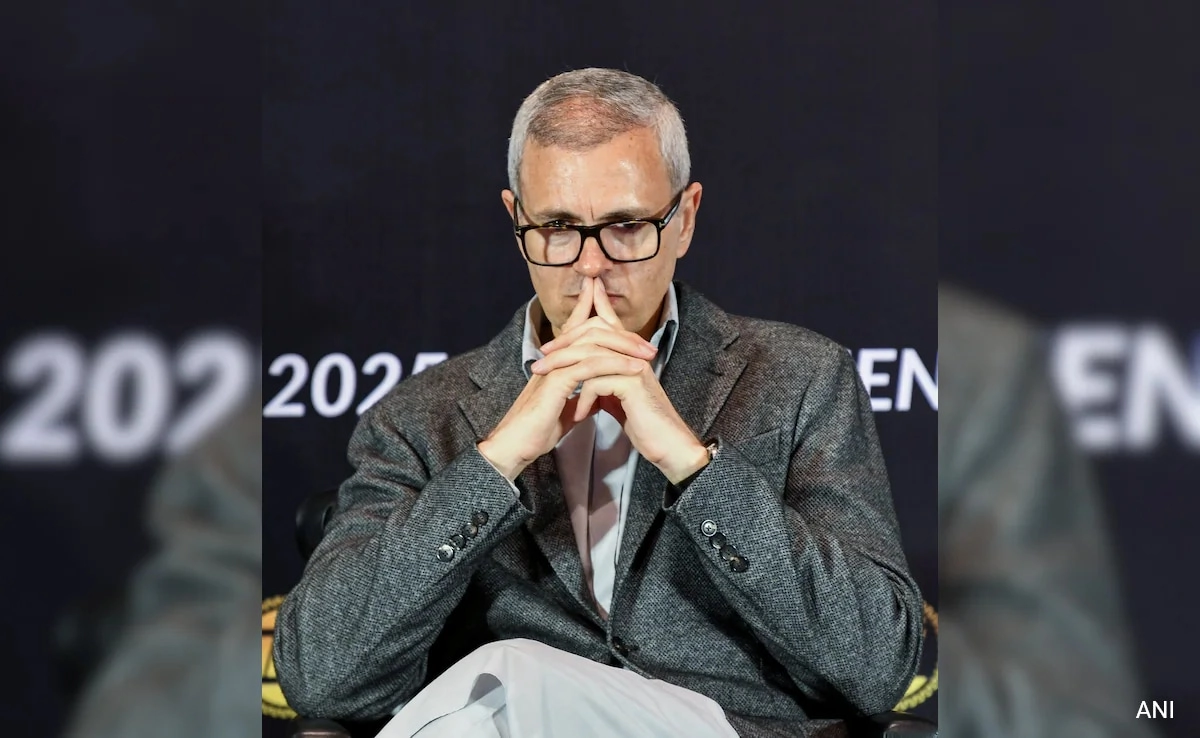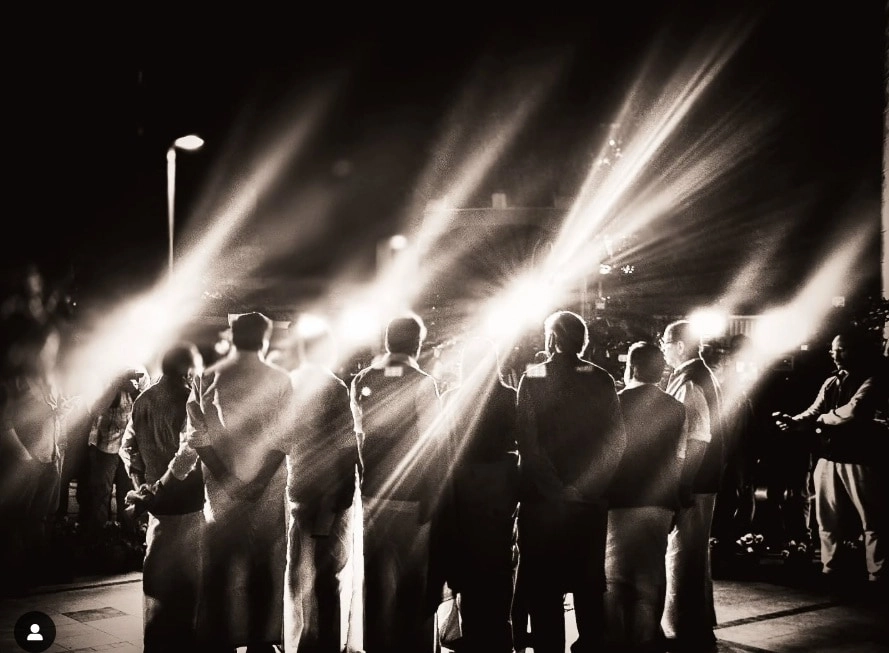Maharashtra’s Deputy Chief Minister, Devendra Fadnavis, has publicly affirmed that the recent order concerning the Maratha reservation movement will be taken seriously and adhered to by the state government. This statement comes amidst escalating tensions surrounding the Maratha community’s demand for reservations in education and government jobs, which has been a contentious issue in the state for several years. Fadnavis, while addressing the media, emphasized the government’s commitment to addressing the concerns of the Maratha community in a structured and lawful manner, ensuring that their demands are met without compromising public order.
Furthermore, Fadnavis dismissed claims regarding a collapse of law and order in the state as exaggerated and unfounded. He reassured citizens that the government is fully equipped to manage the situation and maintain peace, despite the protests that have erupted in various parts of Maharashtra. The Deputy Chief Minister highlighted the administration’s proactive measures to ensure that public safety is prioritized while also respecting the rights of citizens to express their grievances. He urged the community leaders to engage in dialogue with the government rather than resorting to disruptive protests, which can lead to escalation and unrest.
The Maratha reservation issue has been a source of significant social and political upheaval in Maharashtra, with numerous protests and demonstrations taking place over the past few years. The government’s stance, as articulated by Fadnavis, reflects an acknowledgment of the community’s struggles while also emphasizing the need for a balanced approach to governance. By promising to heed the order related to the Maratha stir, Fadnavis aims to reassure the community that their demands are being taken seriously, and that the government is committed to finding a sustainable resolution to the ongoing conflict. Ultimately, the Deputy Chief Minister’s statements reflect a broader effort to navigate the complexities of caste-based reservations in India, which remain a critical and often divisive issue in contemporary society.




